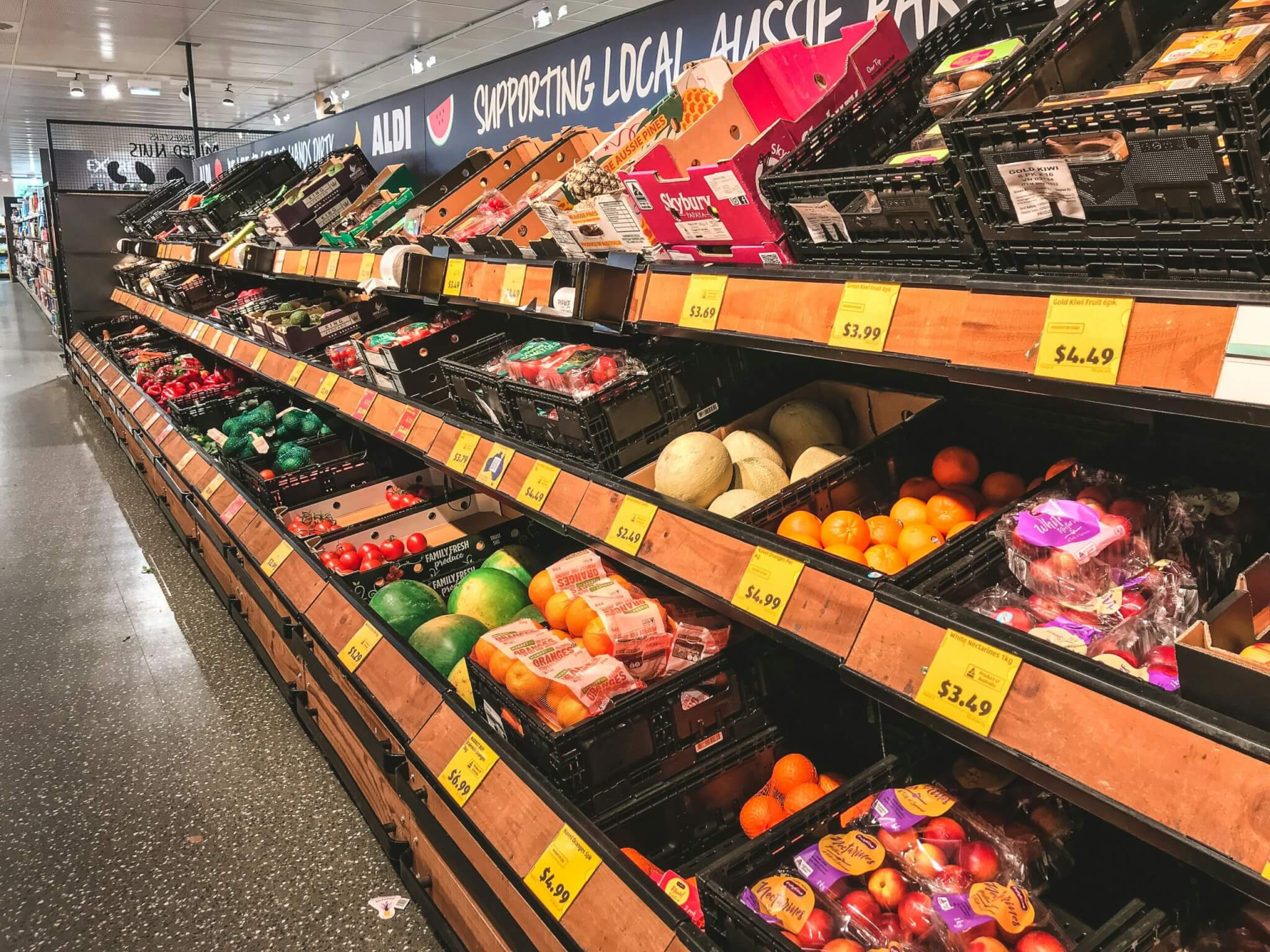Cheap, freely available food has been taken for granted for so long that few journalists and politicians would have expected to see global food prices and supply dominating our news as they have recently. Spiraling food prices and accompanying riots in over thirty countries, the European and American bio-fuel fiasco, a rash of reports questioning the yield benefits claimed for GM crops and now a 2500 page UN and World Bank backed study of the options for world agriculture. The conclusions of the five year study written by over 400 leading scientists were so unexpected, and for some outrageous, that the biotech lobby walked out in disgust, unhappy that this does not fit their commercially motivated agenda. Suddenly, the phone is buzzing with journalists wanting an organic farmer’s perspective culminating in our appearance on Newsnight last week.
The UN and World Bank study investigated science, technology and farming practices in the face of pressures created by growing world populations. The agrochemical companies seemed to expect the researchers to give a resounding thumbs up for pesticides, fertilisers and GMOS as the future for feeding a growing world population. Instead the project led by Professor Bob Watson, an eminent environmental scientist who was part of the team that discovered the hole in the ozone layer, called for a radical re-think. In the face of diminishing fossil fuel supplies, declining soil quality and unfair competition from subsidised western production, the group concluded that localised solutions are centrally important for a sustainable future. Feeding a growing world population is clearly a complex socio-political issue and goes beyond the farm. However, the group appealed for a future where farmers in the less developed world are not reliant on expensive agrochemical inputs from western multinationals. They also called for major changes to the farm subsidy system that makes it so difficult for poorer farmers to compete on a world market.
For many years, the Right Honourable Michael Meacher MP has been a lone voice in government calling for a saner, more holistic approach to food and farming – first as our Minister for the Environment and more recently from the back benches after he disagreed with Blair over GM crops. The removal of such a good man, with his principled stand, from the inside is a great loss. Last week my father and I, along with some eminent, if radical, scientists joined Michael Meacher at the House of Commons to speak at the launch of yet another comprehensive study of the challenges and options for global agriculture and food production. The report, entitled ‘Food Futures Now’ was compiled by the geneticist Dr Mae-Wan Ho and an international group of scientists and agriculturalists. The study is well researched, surprisingly readable and optimistic in its assertion that proven, practical techniques already exist to solve many of the agricultural and associated social and nutritional problems in the developing world. In the developed world, we have a mountain to climb as our agriculture and food distribution is far from sustainable. At 177 pages the report is more accessible than the UN sponsored tome but reaches similar conclusions, perhaps most contentiously that GM crops and their associated high tech, high input, globally traded agriculture are not the answer to the world’s food, energy and environmental problems; solutions are more likely to be found in complex, integrated, locally based organic farming systems. If your interest in these issues goes deeper than my rants and the normal, mainstream media coverage the report is available at £15 from www.i-sis.org.uk.










0 Comments